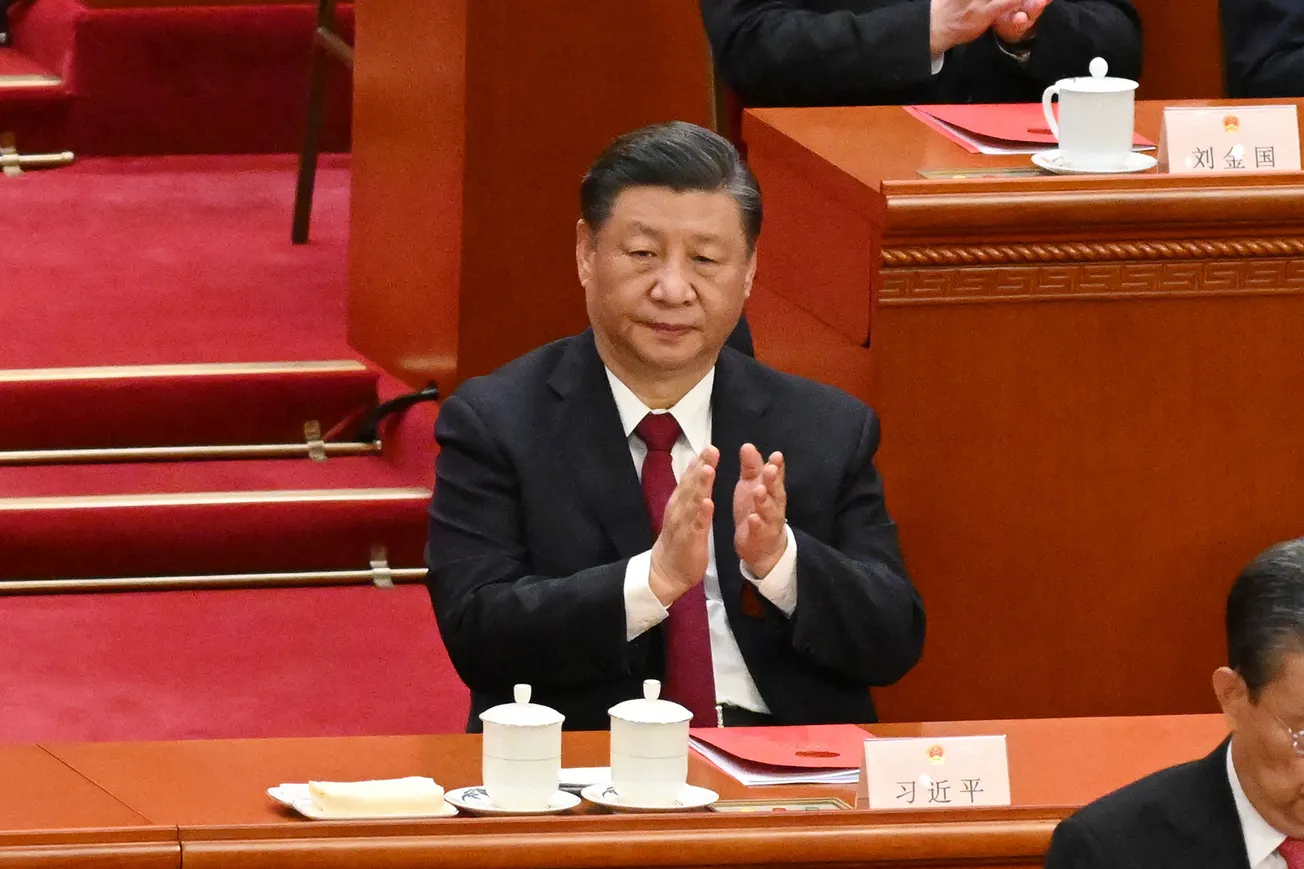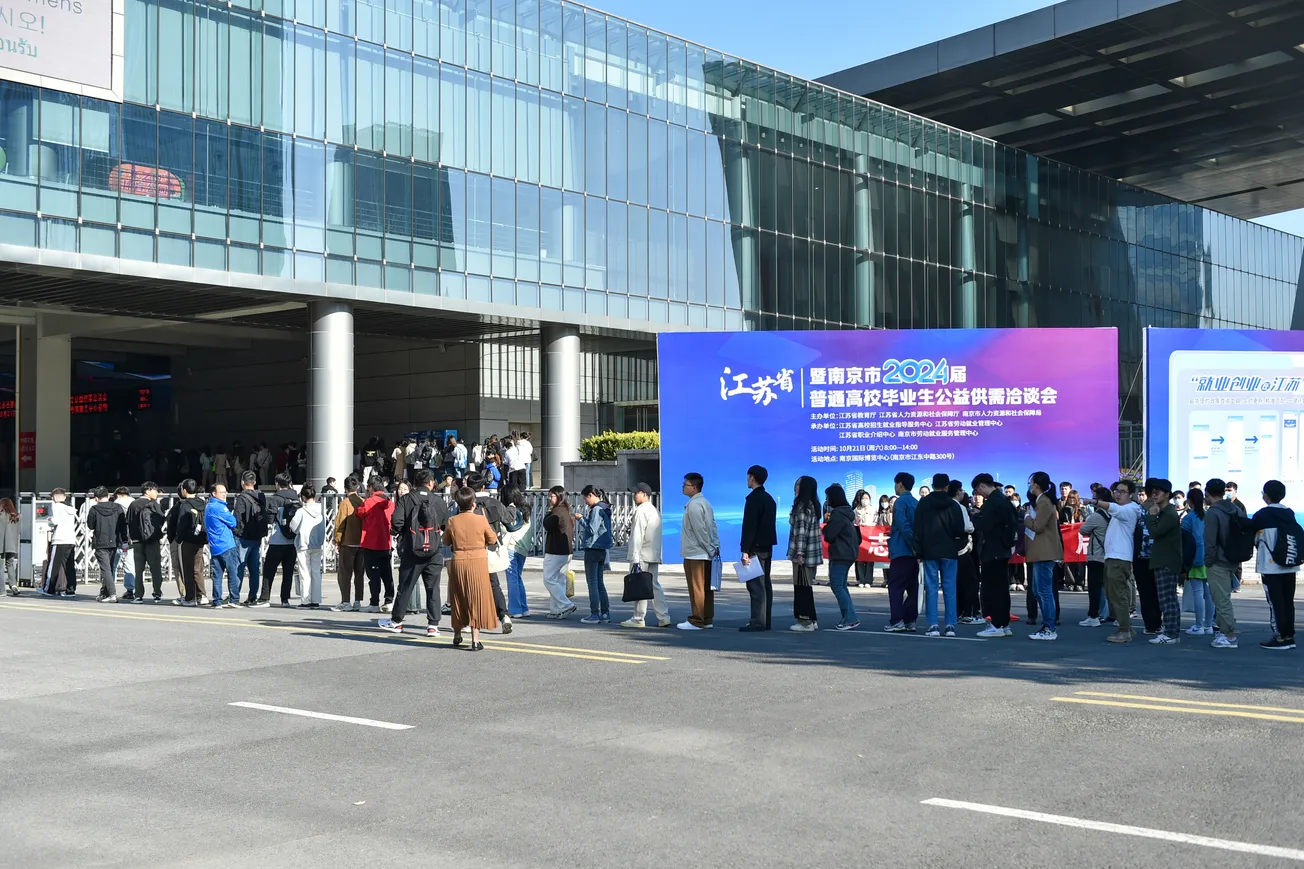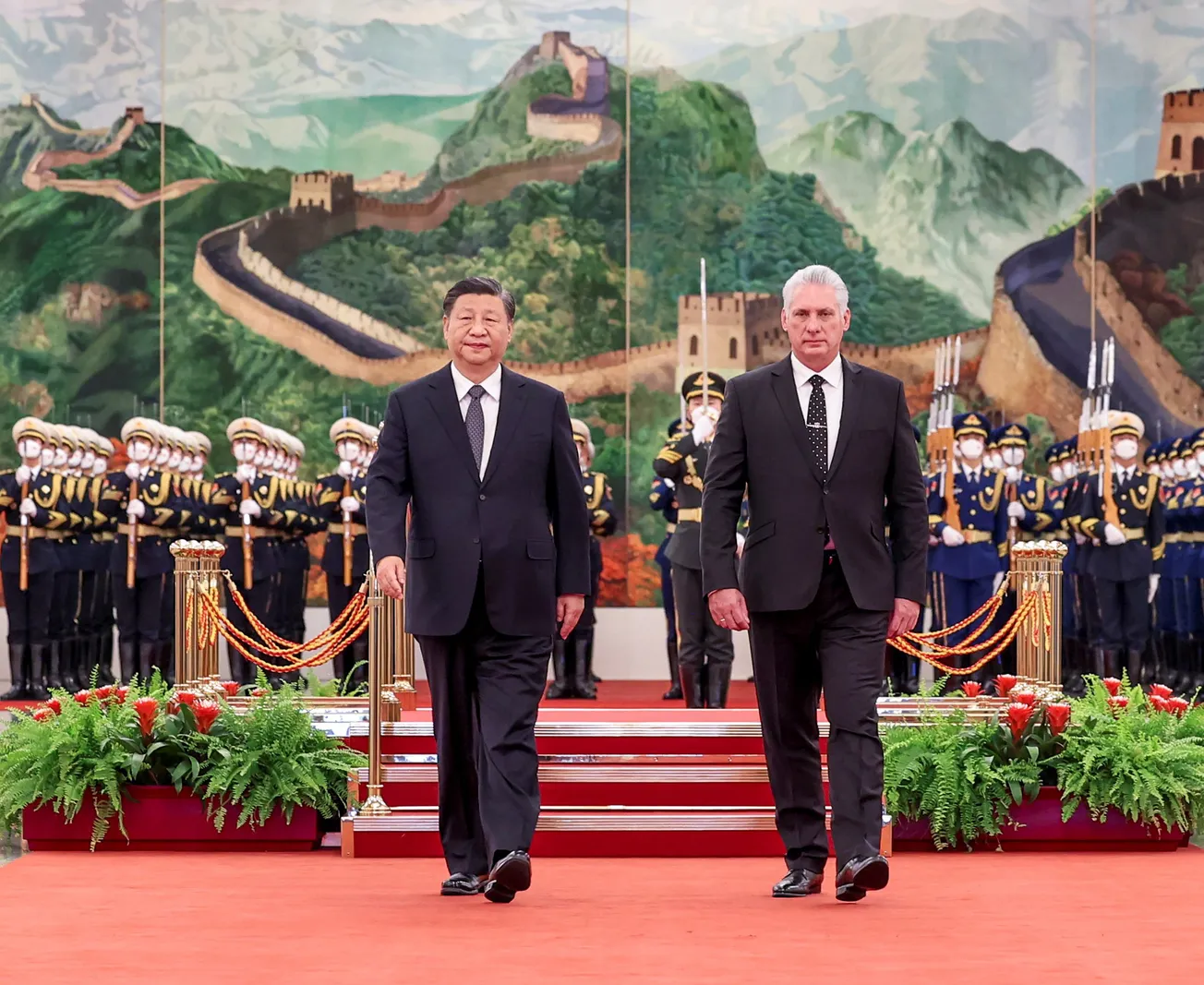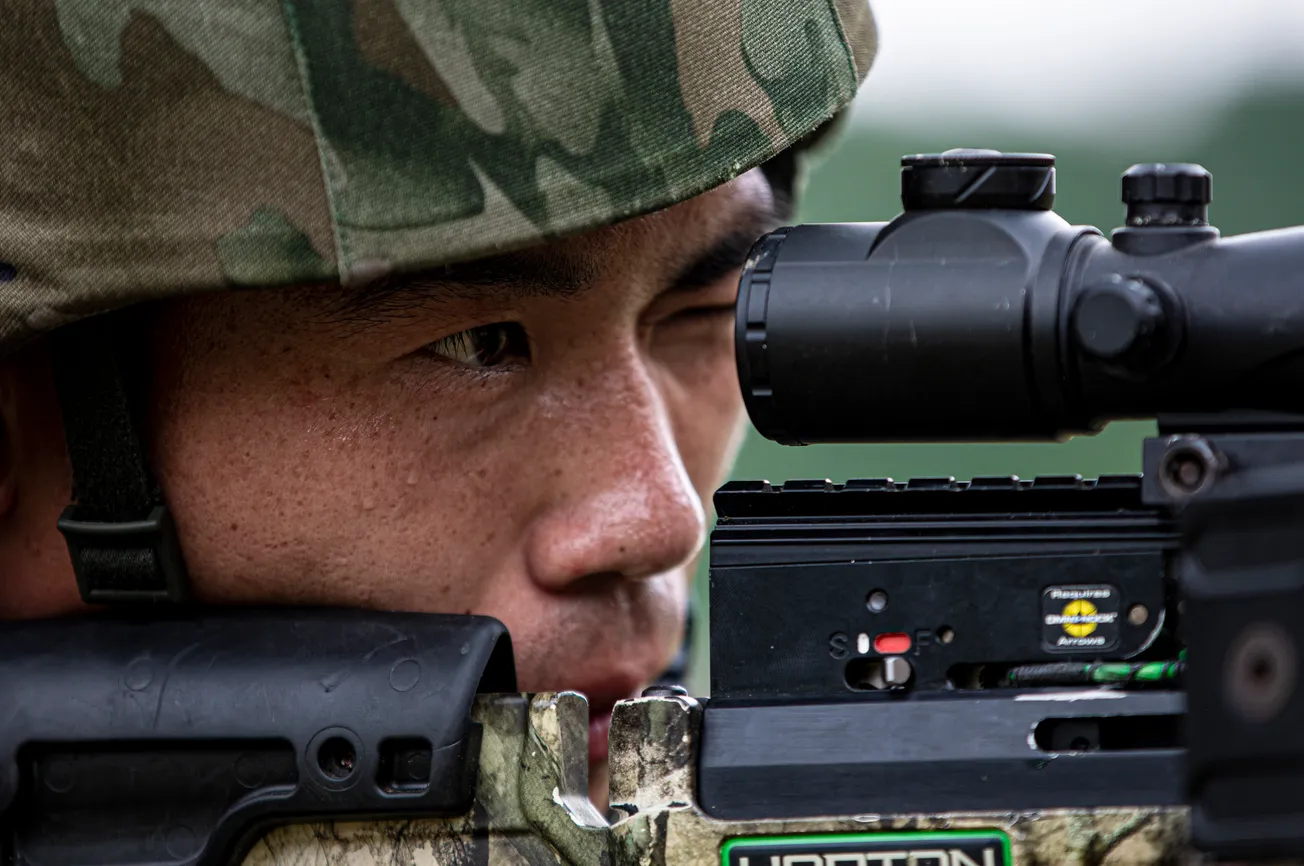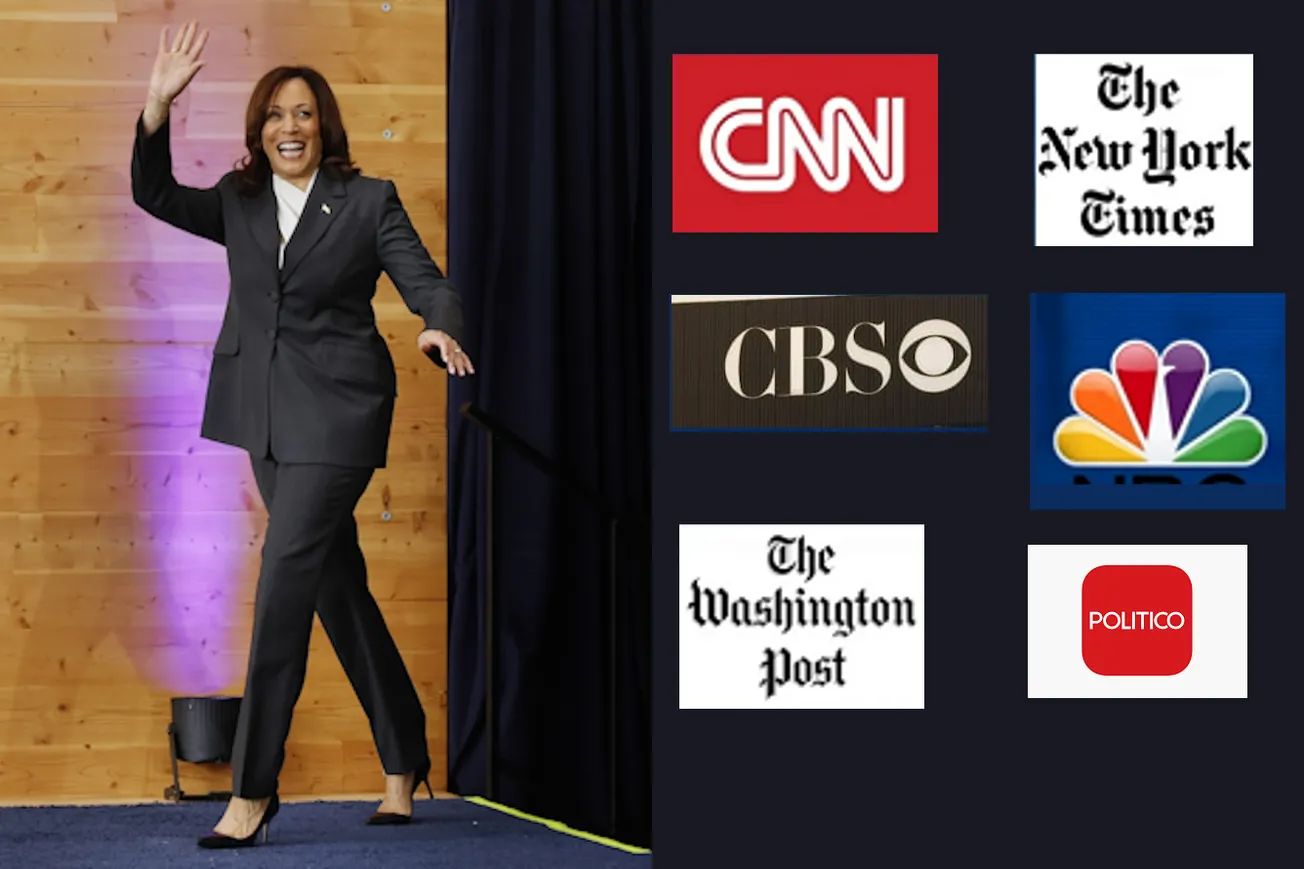China's 14th National People's Congress (NPC) confirmed Xi Jinping as president for an unprecedented third term early this week. All 2,952 present members unanimously voted for the 69-year-old leader in an 'election' with no opposing candidate.
The slew of newly appointed officials, all President Xi loyalists, and his unchallenged third term showcases the return of one-man rule to the People's Republic of China, marking the end of Deng's era of reformation and willingness to build global ties.
Having done away with term limits, President Xi is carrying forward his plans of the past decade to centralize decision-making and situate the Communist Party at the center of Chinese society. Increasing government oversight over the years has eroded the separation of the party and government. President Xi plans to make more effective a system of parallel and often duplicate party and state bureaucracies embedding the party more firmly at the grassroots and into the daily lives of the Chinese people. Even businesses haven't been spared, with domestic and foreign companies expected to have party officials on their boards.
Besides appointing officials for the next five years, the NPC adopted wide reaching State Council Institutional Reform Plan of various ministries, including the Ministry of Science and Technology. Under it, the Science and Technology Ministry will improve the "new type of whole-nation system" for achieving technological breakthroughs.
A new National Financial Regulatory Administration is being constituted to steer the country's banking system and the financial industry, except for the securities sector.
Recognizing the significance and role of data in the modern world, a new National Data Administration with controls over all data-related institutions and managing data resources has been proposed.
Other proposals include bringing the China National Intellectual Property Administration to a top-level agency under State Council Augment and instituting a 5% downsizing of all central agencies.
The NPC also approved amendments to the Legislation Law, allowing the parliament to pass emergency legislation after just one review session, citing it was necessary for "strengthening the [ruling Communist] party's overall leadership over legislative work."
Despite the domestic focus, President Xi is looking to cement China's position on the global stage. Shrewdly construing the tensions with other countries, especially the U.S., and blaming the perceived threats to the Chinese Dream of growth and dominion as real, President Xi is shoring up the Party's legitimacy and banking on continued domestic support. Even as he called for his military to build a "Great Wall of steel," President Xi stated China will "add more stability and positive energy to the peaceful development of the world and foster a favorable international environment for China's development."
Speaking at the NPC, he said, "China's development benefits the world, and China cannot develop in isolation from the rest of the world." He officially began his third term stating that his country will "play an active part" in reforming and developing the global governance system and contribute to building an open world economy.
But economic worries loom large over the country. China's GDP target is just 5%, a modest figure compared to the previous decades, and that too is an optimistic forecast, considering the economy grew by just 3% last year. Still reeling from years and months-long Zero-covid lockdowns, the country must boost domestic demand, diffuse the real estate meltdown, optimize the manufacturing sector, shore up its energy sources, and stabilize the economy.
But, hardly anything seems to faze the ambitious president adept at re-writing China's rule book. The country is facing many headwinds both internally and on the global stage. But, President Xi has shown over the past decade that to him, a headwind is just a storm in a teacup.

